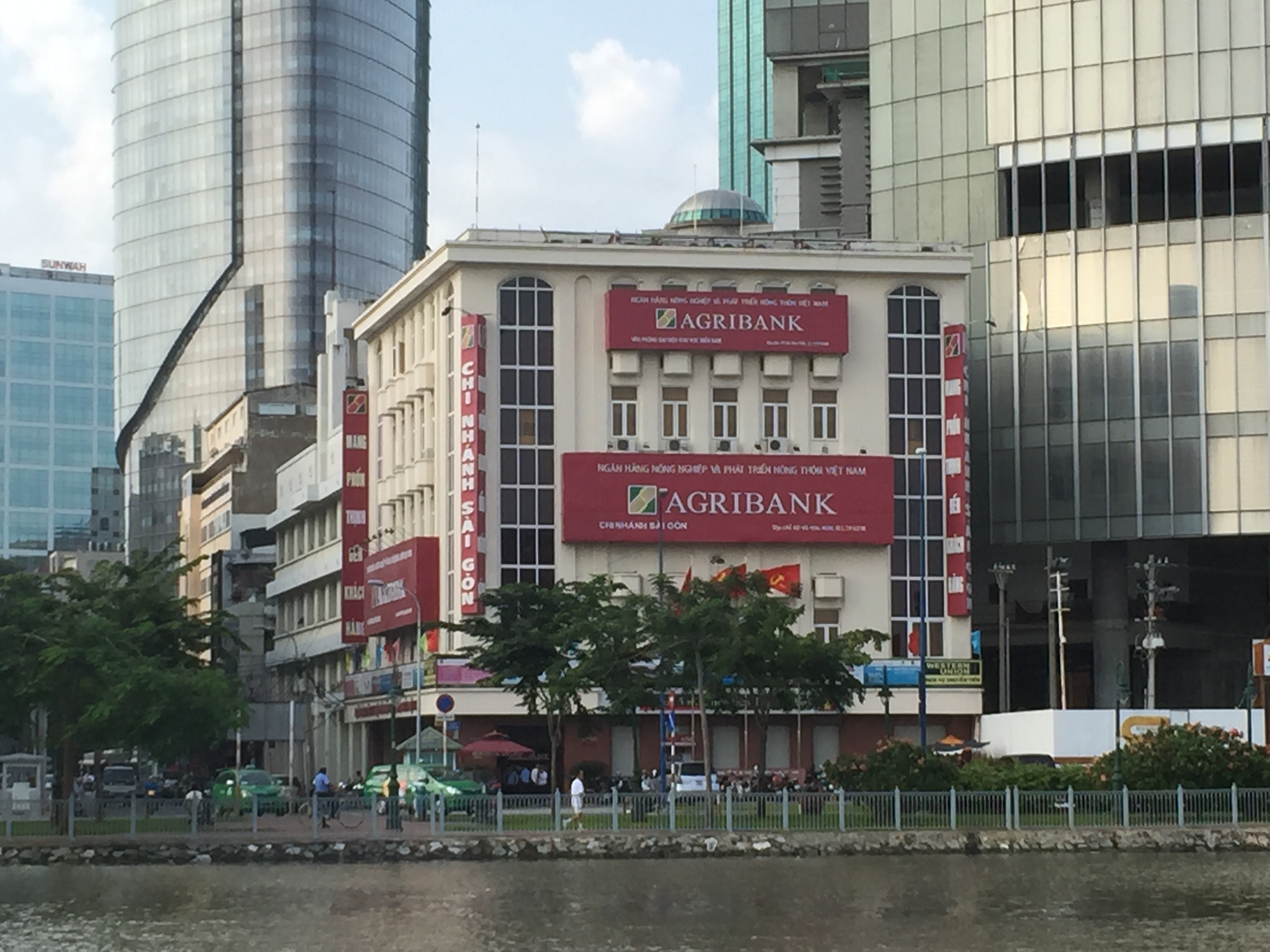-
Agribank Scandal Highlights Banking and IP Fraud in Vietnam
-
The latest scandal to hit Vietnam’s banking sector involves the country’s largest bank, Vietnam Bank for Agriculture and Rural Development (Agribank), and includes an intriguing mix of IP fraud perpetrated by a foreign garment company and internal collusion at the bank.
While internal corruption and fraud is nothing new to Vietnam’s banking sector, we believe this is the first bank fraud case in Vietnam that also involved IP fraud. The foreign-owned company at the center of the scandal is Lifepro Vietnam Joint Venture Company, a garment manufacturer that was licensed to build and operate a $197-million factory in the northern province of Ninh Binh and which started borrowing from Agribank in 2008. Then operating as Enzo Viet Joint Stock Company, the company falsified documents to use six fashion trademarks as collateral for their loans from the bank. Executives and managers at Agribank approved the company’s loan applications with these falsified trademarks after allegedly receiving some $900,000 in kickbacks. By January 2013, Agribank had loaned over $122 million to Enzo/Lifepro before their five foreign founders – one Chinese, one Italian and three Canadians – fled the country with the money.
Eighteen people have recently been indicted in this case – mostly executives and employees of the bank – for abetting the five foreigners. This includes former Agribank Chairman Pham Thanh Tan and his former deputy Kieu Trong Tuyen. They have been charged with power abuse, dereliction of duty and violations of regulations on lending activities. The five foreigners have been issued international wanted notices by the Ministry of Public Security.
Although Vietnam’s banking sector is in a process of reform and attracting more foreign investor interest, cases like this highlight corruption risks and the lack of transparency in the sector. While Agribank is 100 percent state owned, cross-ownership is otherwise pervasive in Vietnam’s banking sector, which increases the difficulty of measuring bad debt and ultimately prevents banks from fully controlling their cash flow.
In addition to cross-ownership, what we have found in conducting several due diligence investigations on Vietnamese banks is that key individuals of the bank often create companies or set up a company under a friend or relative’s name to buy shares in the bank – many times placing distant relatives as shareholders of such companies – and this often leaves them in ownership of more than the capped five percent rule for an individual. Particularly for non-listed private banks, it is extremely difficult to tell the actual ownership structure without going through a comprehensive due diligence process.
This recent Agribank scandal of course also highlights IP risks in Vietnam, in which trademark infringement is regarded as the most common IP violation in the country. Trademark infringement in Vietnam primarily consists of copying a name, font and/or design and is mainly done by the traders of small-scale manufacturing companies. These products are mainly consumed in rural areas where consumers have little knowledge and exposure to authentic international brands.
Yet, as this Agribank case highlights, trademark infringement can also be used for financial fraud, and thus should also be on the risk radar screens of financial institutions. We view Vietnam as a medium risk environment for both IP infringement and bank fraud, yet believe the risk trend is moving downwards due to positive government initiatives.

